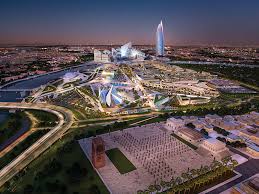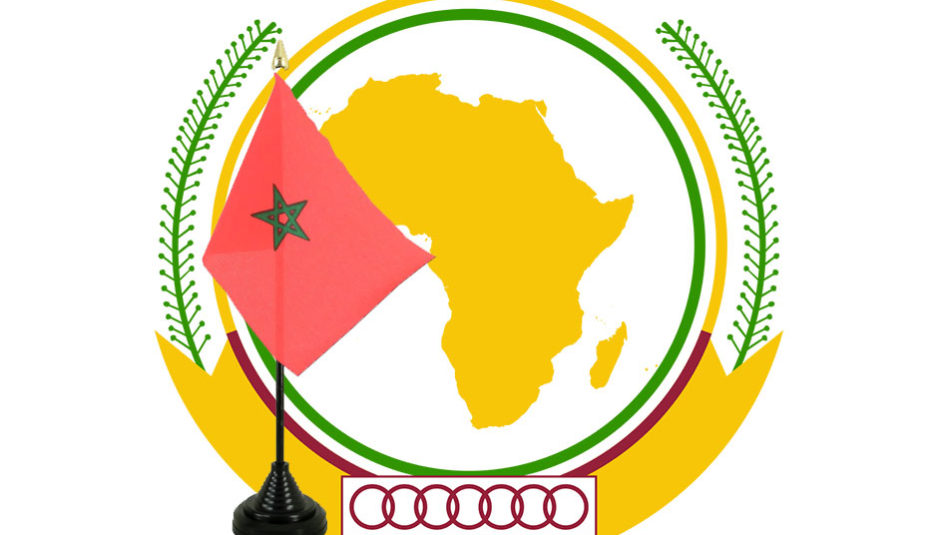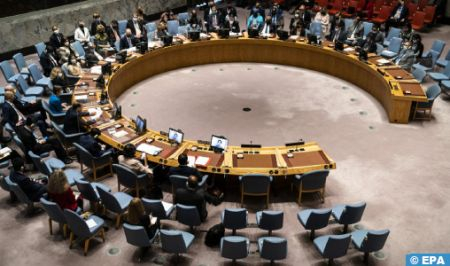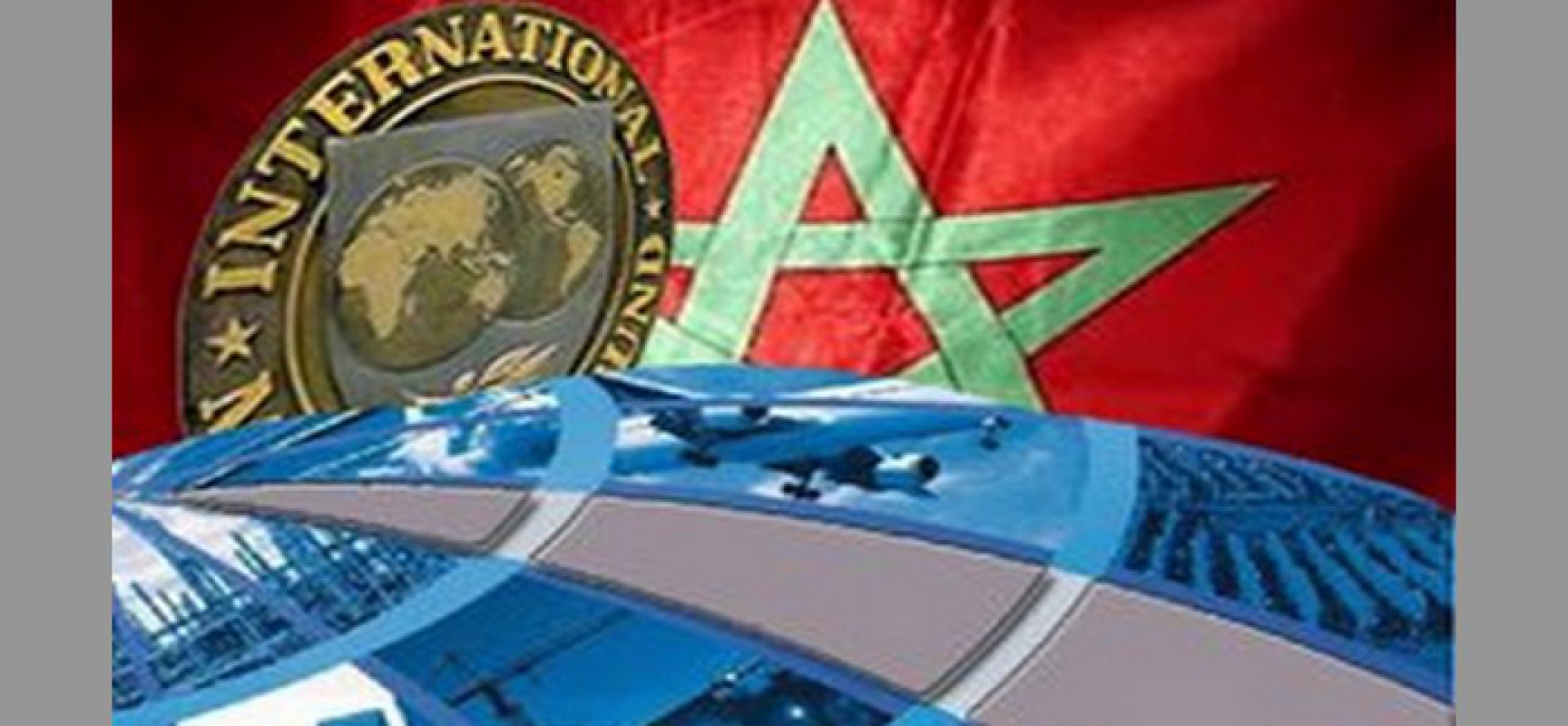Morocco is building a new multidimensional development model, based on democracy, economic growth and human development, says World Trade Organization in its review report of the country’s trade policy.
Since 2016, Morocco’s economy has experienced steady growth, notwithstanding cyclical fluctuations. Its average growth rate stands at 2.1%, thereby consolidating its position as an emerging economy in Africa, adds the report, noting that this expansion has been driven by several factors, including political stability, economic diversification and improved competitiveness.
At the political level, significant progress has been made, as reflected in the democratic development embodied by the 2011 Constitution, the implementation of advanced regionalization, and the holding of legislative, municipal and regional elections in September 2021, says the document.
Morocco’s political stability has been key to strengthening the country’s trade policy, and it has also created a favorable and predictable environment for foreign investment and trade, underlines the report.
Morocco’s ambitious and proactive reforms have laid the foundations for sustainable and inclusive transformation of its economy, and have enabled the Kingdom to consolidate its resilience and maintain its macroeconomic balance.
Reforms include upgrading infrastructure, improving the business climate and diversifying trade partnerships, thus aiming to increase the competitiveness of the country in world markets.
The North African Kingdom has also embarked on the irreversible process of opening up its trade policy to the international environment, through greater integration into the world economy.
The country has also focused on implementing the various trade agreements entered into at the bilateral, regional and multilateral level, as well as on broadening them by negotiating new agreements. In the same vein, Morocco is continuing to streamline formalities and make procedures more transparent.
Within the context of its overall economic liberalization strategy, Morocco has undergone profound change in terms of its traded products and their geographical distribution.
Over the past decade, Morocco has emerged as one of the chief destinations for foreign direct investment in Africa. With one of the region’s highest rates of investment, the country has attracted significant attention from international investors.
Similarly, Morocco’s outward investment, particularly in its African partners, has increased considerably, making it the leading investor in West Africa and the second largest on the African continent.
Morocco has also strengthened its budgetary framework to secure public finances, further investment and improve the living standards of the most vulnerable population groups. In addition, the Kingdom’s monetary policy has remained accommodative, thus supporting economic growth and strengthening the country’s external position.
According to the report, the Moroccan economy has shown, during the recent years, remarkable resilience in an unprecedented global environment characterized by successive crises that have coincided, at the national level, with six consecutive years of drought.
This resilience has been bolstered by the appositeness of the Kingdom’s policy choices, and its move towards sectoral diversification and supply development, which has played a key role in reducing the vulnerability of the production base.
The Kingdom has launched an ambitious reform agenda and large-scale economic and social infrastructure projects, with the aim of increasing the adaptability, agility and credibility of public policy, and strengthening the resilience of the national economy in an unstable global geopolitical environment.
The FIFA decision of choosing the Morocco, Spain and Portugal joint bid for hosting the 2030 Football World Cup clearly reflects the trust and credibility that Morocco enjoys in the eyes of the international community. This important event, which will be organized for the first time in two different continents, will undoubtedly generate considerable economic spin-offs, from which several sectors should benefit.
In addition to sporting infrastructure, several investments are planned, including strengthening the transport network, the tourism sector and communications.
In recent years, owing to sectoral and trade policy efforts, Moroccan goods exports have witnessed remarkable growth, increasing by 11% between 2016 and 2022, compared with the annual average of 6% between 2009 and 2015.
As a result of Morocco’s policy to open up to global trade and increase the country’s attractiveness, which has supported the further integration of the economy into global value chains, its market share of global exports increased from 0.14% in 2016 to 0.17% in 2022.
Exports from the automotive and aeronautical sectors, which are at the heart of the country’s industrialization strategy, saw faster than average growth, almost tripling in less than a decade and reaching record highs



